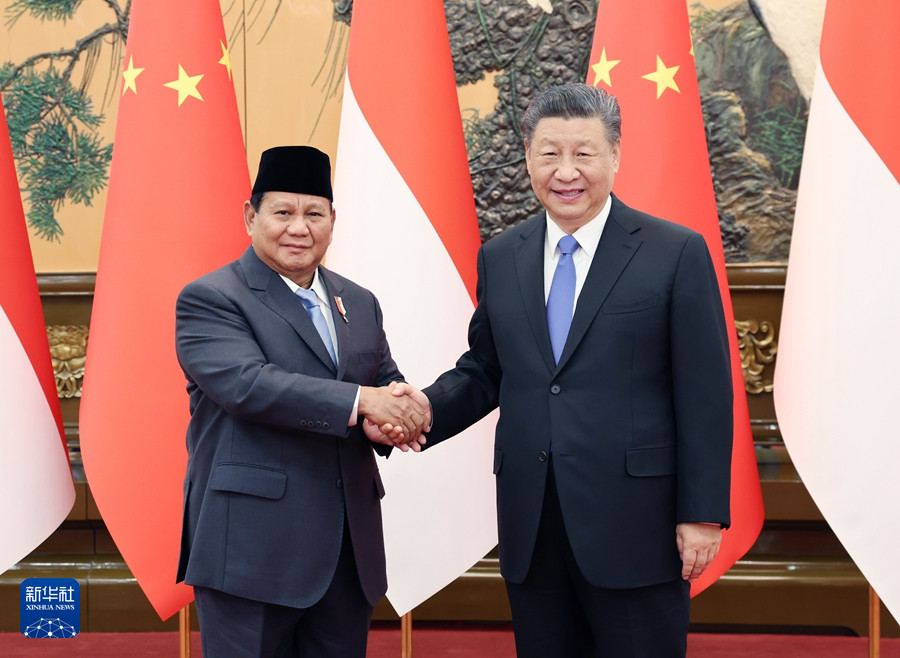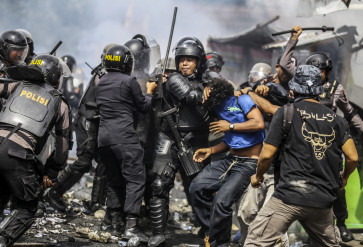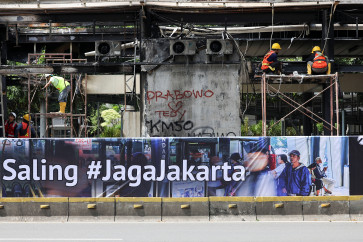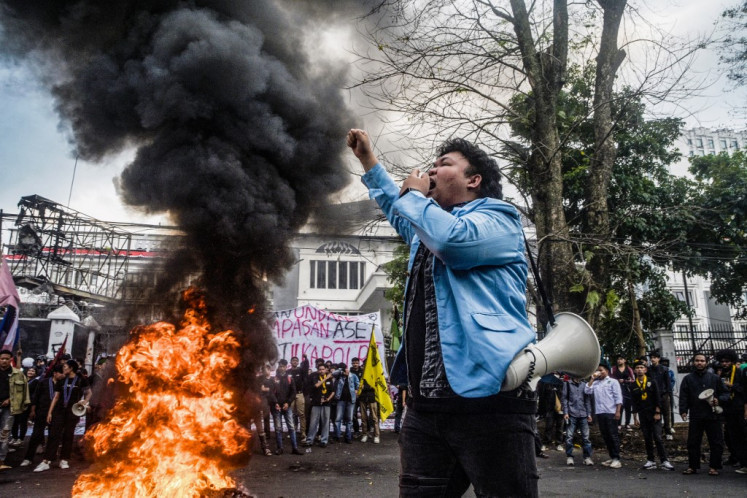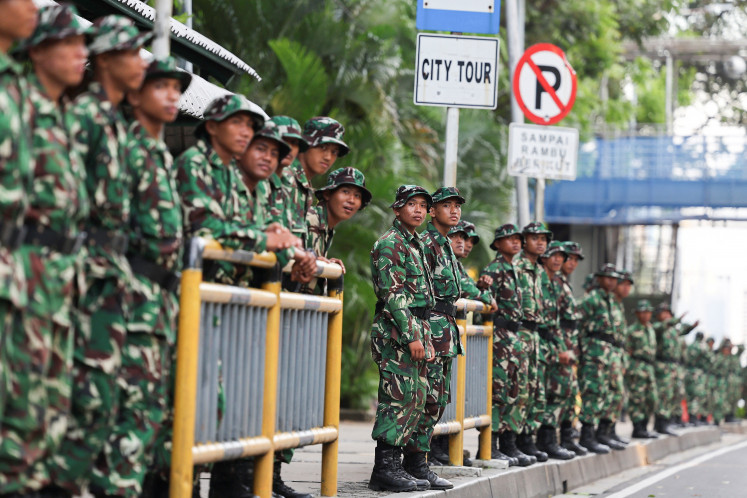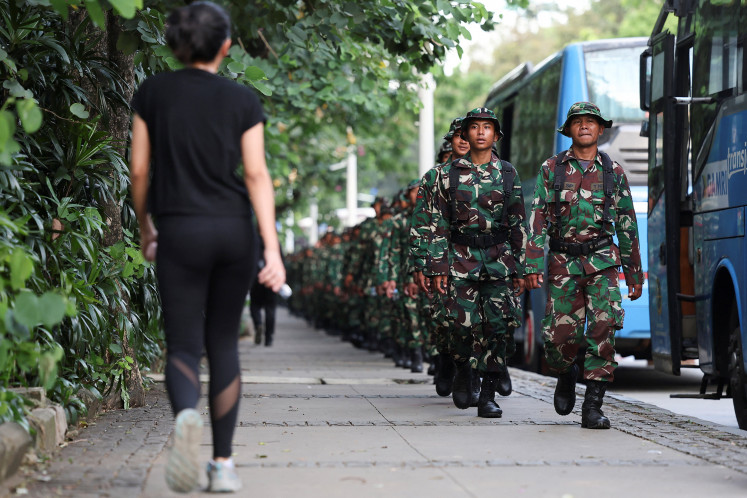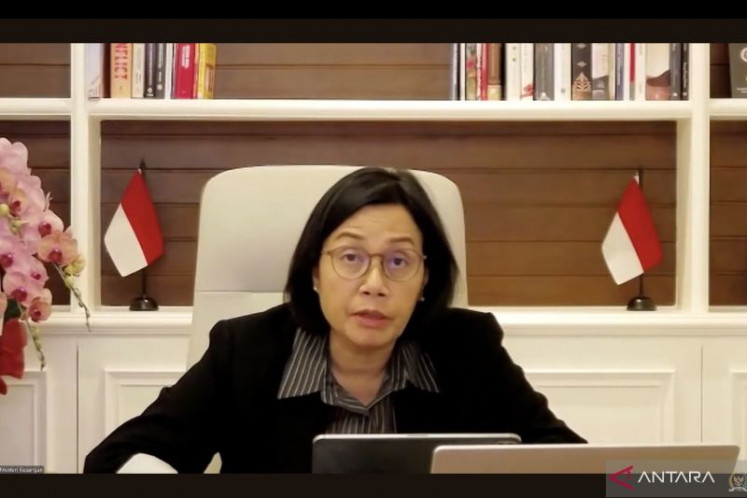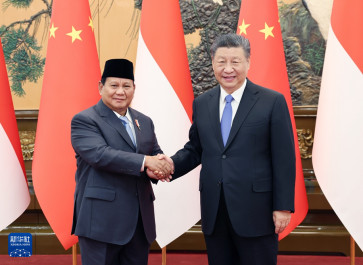Popular Reads
Top Results
Can't find what you're looking for?
View all search resultsPopular Reads
Top Results
Can't find what you're looking for?
View all search resultsIndonesia must regain credibility as an honest broker
The so-called consensus document recently signed between Indonesia and China is being viewed as a diplomatic gaffe, as it implies that the Prabowo administration has conceded to the existence of overlapping claims vis-à-vis Beijing's nine-dash line.
Change text size
Gift Premium Articles
to Anyone
P
resident Prabowo Subianto and President Xi Jinping witnessed last month the signing ceremony of a consensus document on the joint development of fisheries, oil and gas in maritime areas where the two countries have overlapping claims, signed by foreign ministers Sugiono and Wang Yi. The ceremony was not announced, and nobody in foreign policy communities, academics or bureaucrats knows the content of this document.
What is happening? Then came a bombardment of questions.
Is Indonesia’s foreign policy stance and outlook on overlapping claims in the South China Sea changing? Perhaps. Does Indonesia acknowledge China’s claim in the South China Sea according to its nine-dash line? No. Do Indonesia and China agree that there are overlapping claims between the two sides? Yes.
Who is driving the changes related to overlapping claims between the two countries? China. This started when Indonesia and China released a joint statement after their bilateral summit. Based on the wording and earlier draft documents obtained, it is clear that the Chinese side drafted the joint statement and other bilateral documents.
The Indonesian side immediately issued a press statement saying the essential common understanding of joint development in areas of overlapping claims cannot be interpreted as an acknowledgment of China’s claims in the nine-dash line. It also said Indonesia’s position so far was that this claim had no basis in international law and did not follow the United Nations Convention on the Law of the Sea (UNCLOS) of 1982. This cooperation therefore had no impact on Indonesia's sovereignty, sovereign rights, or jurisdiction in the North Natuna Sea.
Still, the international community needs clarification about whether Indonesia is still an honest broker without overlapping claims in the nine-dash line, which became valid after the bilateral meeting between Prabowo and Xi.
The joint statement, the first between Indonesia and China related to specific overlapping claims, has caused tumult among not only academics at home and the Jakarta bureaucracy, but also diplomats in the region and around the globe.

